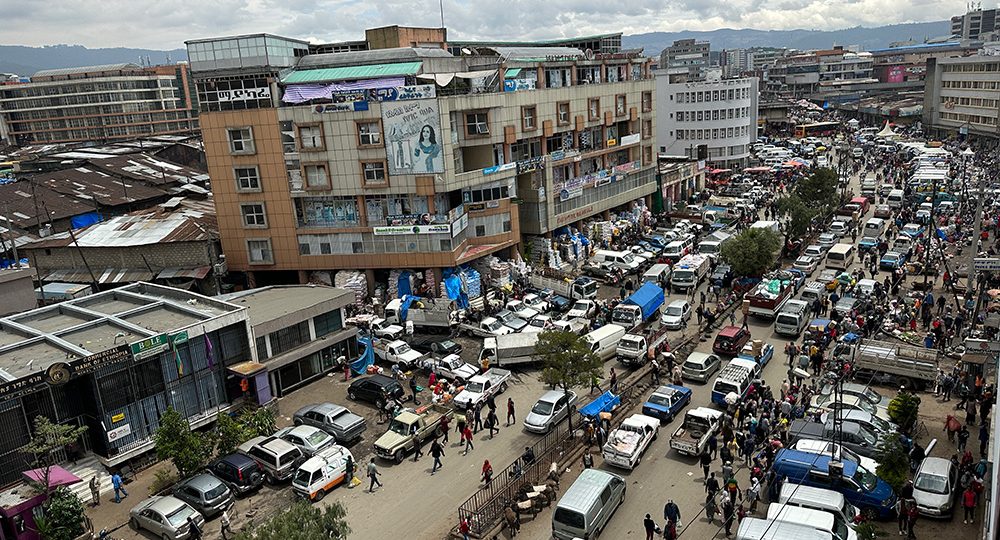Merchants’ strike disrupts Ethiopia’s merkato market

Hundreds of merchants at Merkato, Africa’s largest open-air market, have gone on strike, causing widespread disruptions in Ethiopia’s capital, Addis Ababa.
The protest, now in its fourth consecutive day, stems from what traders describe as “continuous” tax hikes imposed by the government.
Many business owners claim these increases are being used to fund development projects without adequate consultation with local communities or the business sector.
Growing Concerns Among Merchants
Speaking to APA on Saturday, some merchants expressed fears that the government’s corridor development project might lead to parts of Merkato being sold to Gulf investors, echoing past instances of privatization during times of financial strain.
There are also widespread rumors that the project, which has already displaced thousands of Addis Ababa residents, could result in the demolition of significant sections of the market.
These fears have been exacerbated by two recent fires in the area, one of which completely destroyed a shopping center.
Local traders see the fires as further evidence of neglect and poor planning, increasing tensions within the community.
The strike has now spread to neighboring areas, including Awutobes Tera, Sebategna, Gojam Berenda, and Telkehaymanot, where businesses have shut down in solidarity.
Government Response Fails to Calm Tensions
In an effort to ease the crisis, Addis Ababa’s city administration announced on Thursday a donation of 20 million Ethiopian birr to support businesses affected by the fires.
However, the gesture has done little to convince merchants to reopen their shops.
The strike has also begun to impact surrounding areas, such as the Sheger region, a cluster of towns encircling Addis Ababa.
With businesses remaining shuttered, residents are feeling the economic strain of the prolonged shutdown.
As the impasse continues, the government faces mounting pressure to address the merchants’ grievances while ensuring the city’s economic stability.
About The Author
dailymailafric
I am an avid African news observer, and an active member of Daily Mail Africa.
I’m Passionate about staying informed on diverse topics across the continent,
I actively contribute to publishing on political, economic and cultural developments in Africa.



